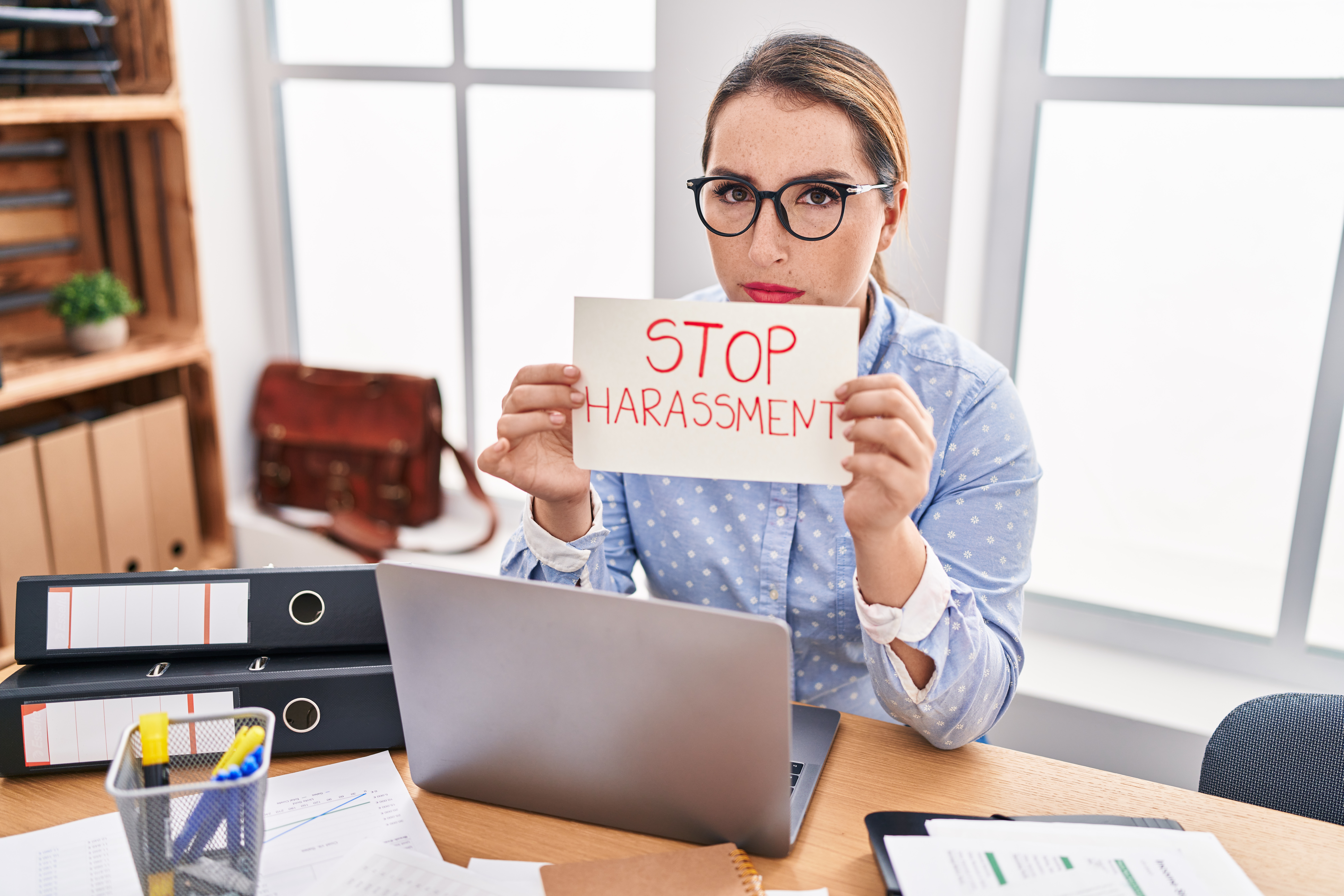Commentary: Laws vary on whether recording is allowed
By: WARREN E BULIOX, ESQ.//June 21, 2010//
With the advent of pocket-sized recorders, sophisticated cell phones, and other covert recording devices, a growing number of employees — whether disgruntled or not — are secretly recording conversations in and outside the workplace in the hope of catching their employers “in the act.” After all, secret recordings have paid off in the past. You may recall the disgruntled Texaco employee whose secretly recorded conversation of executives making what appeared to be racist comments resulted in a then-record $176 million settlement in a race discrimination suit.
Suppose you learn that one of your employees has or may be surreptitiously recording conversations with management. Can the employee legally do this? And if so, what options do you have as an employer to prevent or thwart such activity? Does it matter whether the recording takes place outside the workplace or in a public setting, as opposed to in the workplace during a closed-door meeting between the employee and his or her supervisor? The answer may depend on your state.
Both federal and state laws place restrictions on wiretapping and eavesdropping. These laws generally apply to situations where one party listens in on the conversations of others without their knowledge and have been used to regulate electronic recordings of both telephone conversations and in-person interviews or meetings.
As a general matter, the ability to secretly record a conversation initially turns on whether or not a reasonable expectation of privacy can be attached to the conversation. If there is no expectation of privacy to the conversation, any party to the communication (and in some cases any non-party) is generally free to hit the record button.
Twelve states — California, Connecticut, Florida, Illinois, Maryland, Massachusetts, Michigan, Montana, Nevada, New Hampshire, Pennsylvania and Washington — generally prohibit individuals from recording conversations unless all parties to the communication consent to the recording. These states are typically referred to as “all-party consent” or “two-party consent” states.
The remaining thirty-eight states (including Wisconsin), along with the District of Columbia, are considered “one-party consent” states. In these states, individuals may legally record a conversation to which they are a party so long as one of the parties to the communication consents to the recording. Because the consenting party in these states can also be the individual doing the recording, the conversation may be — and often is — recorded without the knowledge or consent of any other party. This is also the rule under federal law.
So what does this mean for employers? In the minority of states that require all parties to a communication to consent to its recording, it means (at least in theory) very little, as employers need not worry about a conversation being secretly recorded unless the conversation takes place in public or in a manner in which the parties have no reasonable expectation of privacy. While individuals can certainly still record conversations in these jurisdictions in willful violation of the law and then attempt to blackmail or embarrass their employers by making the recordings public, most states have stiff civil and criminal penalties for such devious acts.
In “one-party consent” states such as Wisconsin, on the other hand, employers have much more to worry about, as just about any conversation can be legally recorded without their knowledge. To combat this, many employers have policies that expressly forbid clandestine recordings. For the most part, these policies are a permissible and effective way to deter employees from recording conversations without their employer’s knowledge. They can also serve as legitimate non-discriminatory grounds for discharging employees who violate the policy.
Does this dynamic change, though, if the employee claims that the recording was done in order to document or investigate discrimination or harassment? Does the recording then become a protected activity? While according to the EEOC, the answer generally is yes, courts are split over the issue. Anti-retaliation laws prohibit employers from retaliating against employees because of the employee’s opposition to or participation in an investigation of discriminatory conduct. Some courts, like the Second Circuit, have held that making a secret recording to collect evidence of discrimination is a protected activity and that employers, as a matter of law, cannot take action against employees for making those recordings. See Heller v. Champion Int’l Corp., 891 F.2d 432, 436-437 (2nd Cir. 1989). Other courts, such as the Seventh Circuit, have held that employers can take disciplinary action against employees for secretly recording conversations even if the recording was done under the guise of collecting information for a discrimination suit. See Argyropoulos v. City of Alton, 539 F.3d 724, 733-734 (7th Cir. 2008) (“Although Title VII indubitably protects an employee who complains of discrimination . . . the statute does not grant the aggrieved employee a license to engage in dubious self-help tactics or workplace espionage in order to gather evidence of discrimination.”)
Regardless of whether secret recordings are legal under state or federal law or qualify as a “protected activity” under anti-retaliation laws, employers are well-served by training managers and other decision makers to be careful in their conversations with other employees, especially those employees who may be on the verge of losing their job, are disgruntled, or are otherwise suspicious of the company. Should an employer discover that an employee is making secret recordings, it should contact legal counsel. Secret recordings typically do not “fly solo,” as they almost always accompany other legal issues that an employer is facing or will soon face.
Warren Buliox is an attorney at Gonzalez Saggio & Harlan LLP, practicing employment law in the Milwaukee office. He can be reached by telephone at 414-277-8500 or via email at [email protected].
Legal News
- Amended complaint filed in federal court against State Bar of Wisconsin seeks punitive damages
- United Healthcare suit against cancer drug distributor time-barred
- Trump’s Wisconsin visit warns of jail time if he violates a trial gag order
- Dane County court overturns residential solar decision
- Judge faces formal complaint from state board
- Bankruptcies up 16% in U.S.
- (Updated) Wisconsin law enforcement clash with pro-Palestinian Madison protestors
- Gov. Evers seeks applicants for Lafayette County Circuit Court
- Complaint against University filed by Wisconsin law firm over $1.9M given to Palestinian students
- Hush money trial judge raises threat of jail as he finds Trump violated gag order, fines him $9K
- Active shooter ‘neutralized’ outside Wisconsin middle school
- Audit finds Wisconsin Capitol Police emergency response times up, calls for better tracking
WLJ People
- Power 30 Personal Injury Attorneys – Russell Nicolet
- Power 30 Personal Injury Attorneys – Benjamin Nicolet
- Power 30 Personal Injury Attorneys – Dustin T. Woehl
- Power 30 Personal Injury Attorneys – Katherine Metzger
- Power 30 Personal Injury Attorneys – Joseph Ryan
- Power 30 Personal Injury Attorneys – James M. Ryan
- Power 30 Personal Injury Attorneys – Dana Wachs
- Power 30 Personal Injury Attorneys – Mark L. Thomsen
- Power 30 Personal Injury Attorneys – Matthew Lein
- Power 30 Personal Injury Attorneys – Jeffrey A. Pitman
- Power 30 Personal Injury Attorneys – William Pemberton
- Power 30 Personal Injury Attorneys – Howard S. Sicula











